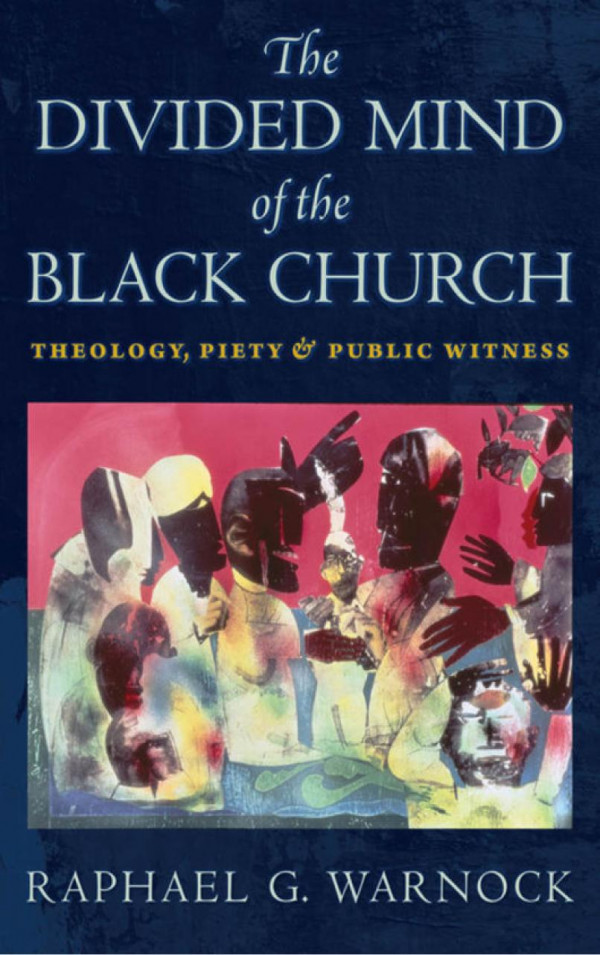

Most ebook files are in PDF format, so you can easily read them using various software such as Foxit Reader or directly on the Google Chrome browser.
Some ebook files are released by publishers in other formats such as .awz, .mobi, .epub, .fb2, etc. You may need to install specific software to read these formats on mobile/PC, such as Calibre.
Please read the tutorial at this link: https://ebookbell.com/faq
We offer FREE conversion to the popular formats you request; however, this may take some time. Therefore, right after payment, please email us, and we will try to provide the service as quickly as possible.
For some exceptional file formats or broken links (if any), please refrain from opening any disputes. Instead, email us first, and we will try to assist within a maximum of 6 hours.
EbookBell Team

4.4
52 reviewsWhat is the true nature and mission of the church? Is its proper Christian purpose to save souls, or to transform the social order? This question is especially fraught when the church is one built by an enslaved people and formed, from its beginning, at the center of an oppressed community’s fight for personhood and freedom. Such is the central tension in the identity and mission of the black church in the United States.
For decades the black church and black theology have held each other at arm’s length. Black theology has emphasized the role of Christian faith in addressing racism and other forms of oppression, arguing that Jesus urged his disciples to seek the freedom of all peoples. Meanwhile, the black church, even when focused on social concerns, has often emphasized personal piety rather than social protest. With the rising influence of white evangelicalism, biblical fundamentalism, and the prosperity gospel, the divide has become even more pronounced.
In The Divided Mind of the Black Church, Raphael G. Warnock, Senior Pastor of the historic Ebenezer Baptist Church, the spiritual home of the Rev. Dr. Martin Luther King, Jr., traces the historical significance of the rise and development of black theology as an important conversation partner for the black church. Calling for honest dialogue between black and womanist theologians and black pastors, this fresh theological treatment demands a new look at the church’s essential mission.